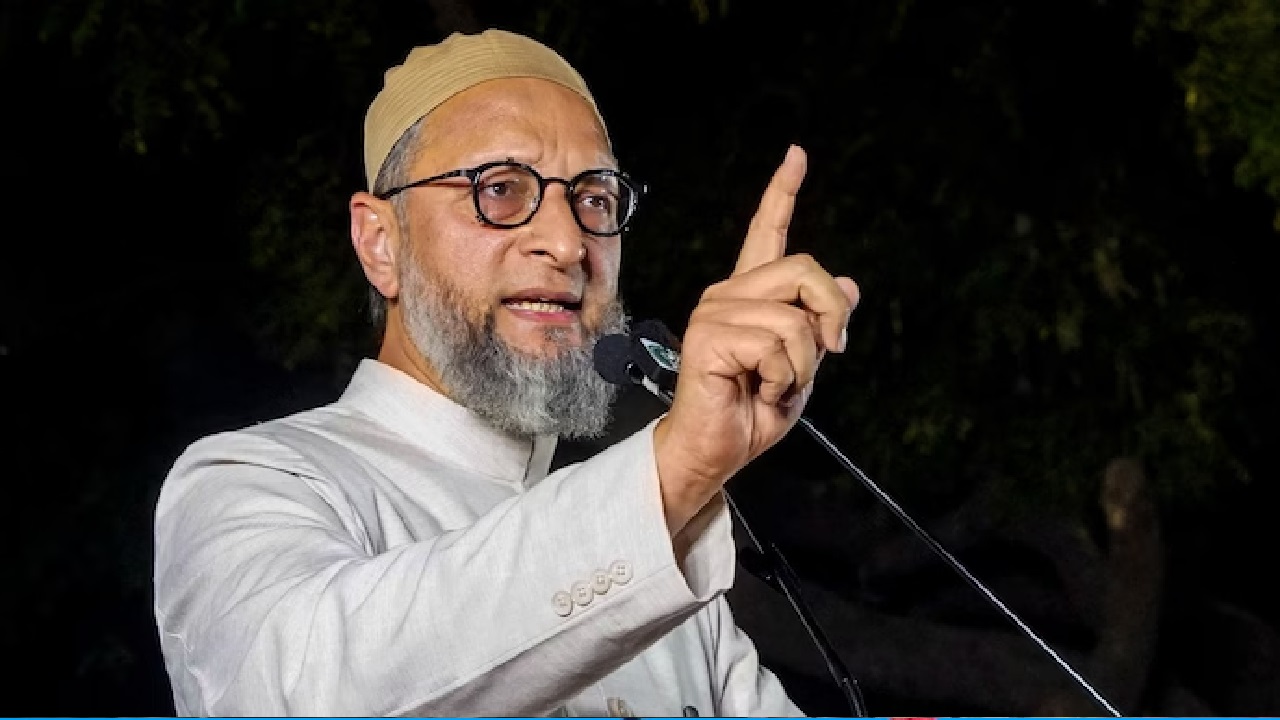Proposed Reforms to the Waqf Act
The Indian government is set to introduce a pivotal bill in Parliament that aims to significantly reform the Waqf Act, with the goal of redefining the powers and functions of Waqf Boards. This proposed legislation seeks to address long-standing issues related to the management of Waqf properties, aiming to reduce the boards’ current authority and enhance transparency.
The proposed amendments come in response to controversies and disputes surrounding Waqf property claims. For instance, in September 2022, the Tamil Nadu Waqf Board controversially claimed ownership of Thiruchendurai village, which has been predominantly Hindu for centuries. This claim, among others, has highlighted concerns about the broad and often arbitrary powers held by the Waqf Boards.
Key Highlights of the Proposed Bill
The forthcoming bill includes several significant changes:
Revised Board Powers: The bill proposes mandatory verification processes for properties claimed by Waqf Boards to ensure a more transparent and accountable system. This measure aims to address issues of property disputes and the misuse of authority by Waqf Boards.
Changes to Board Composition: Amendments to Sections 9 and 14 of the Act are designed to ensure gender representation within the boards. This includes provisions to incorporate female members to reflect a more diverse and inclusive governance structure.
Enhanced Oversight and Monitoring: The bill suggests involving magistrates in the oversight of Waqf properties and the resolution of disputes. This move is intended to bring an additional layer of scrutiny and ensure that property claims are handled impartially.
Property Verification: Properties currently claimed by Waqf Boards will undergo a new verification process to resolve ongoing disputes and clarify the status of these assets.
These amendments aim to address criticisms of the Waqf Boards’ autonomy and prevent further misuse of their authority. The changes are expected to foster a more transparent system, reduce conflicts, and enhance the overall management of Waqf properties.
Criticism from Asaduddin Owaisi
The proposed bill has faced significant criticism, particularly from AIMIM President Asaduddin Owaisi. He has expressed strong opposition to the amendments, alleging that they represent an attempt by the Modi government to undermine the Waqf Boards and interfere with religious freedoms.
Owaisi’s critique centers on several key points:
Undermining Judicial Authority: Owaisi argues that shifting the resolution of property disputes from the judiciary to the executive undermines the role of the courts. He contends that the proposed surveys and executive decisions could be used to falsely dispute properties already designated as Waqf, creating unnecessary conflicts.
Political and Religious Implications: The AIMIM leader accuses the BJP-led government of pursuing a Hindutva agenda that aims to diminish Muslim institutions and properties. He points to the government’s actions as part of a broader strategy to erode the autonomy of the Waqf Boards and challenge the rights of religious minorities.
Parliamentary Procedures: Owaisi has criticized the government for allegedly bypassing parliamentary procedures by informing the media about the proposed amendments before consulting Parliament. He argues that this approach undermines the legislative process and disrespects the role of elected representatives.
Historical Context and Stakeholder Reactions
The Waqf Act, enacted in 1995, governs properties designated as Waqf—assets dedicated for charitable, religious, or pious purposes under Islamic law. The Act has undergone amendments over the years, including significant changes made during the UPA-2 government in 2013. These amendments granted Waqf Boards considerable powers, making it difficult to reclaim land from their control. The new bill seeks to address these concerns by introducing reforms intended to balance the authority of the Waqf Boards and protect property rights.
Opposition to the bill extends beyond Owaisi and his party. The All-India Muslim Personal Law Board (AIMPLB) has also raised concerns. Maulana Khalid Rasheed Farangi Mahali, a member of the AIMPLB, has emphasized the importance of consulting stakeholders before implementing such changes. He argues that Waqf properties, which include mosques, dargahs, and graveyards, are integral to Islamic charitable purposes and should be preserved accordingly. Mahali questions the necessity of further amendments, given the existing legal framework and previous revisions made in 2013.
As the Centre prepares to present the bill in Parliament, the debate over the proposed amendments to the Waqf Act is expected to intensify. The bill represents a critical juncture in the management of Waqf properties and has significant implications for religious freedoms and property rights in India. The outcome of this legislative process will be closely monitored by various stakeholders, including political leaders, religious communities, and legal experts. The proposed reforms will likely spark continued discussion and scrutiny as they move through the legislative process.
(With inputs from agencies)








